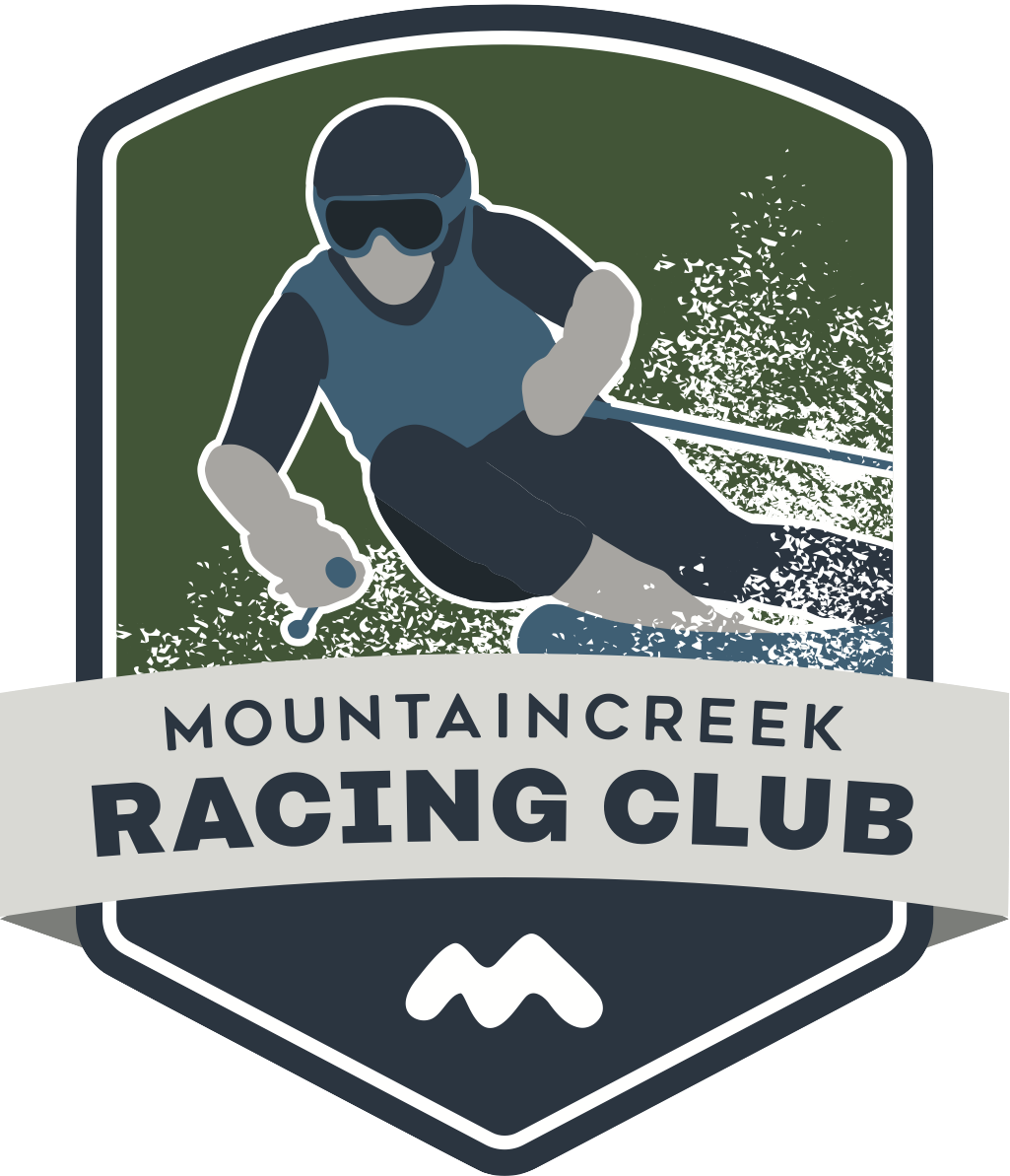Weather & Training FAQs
Frequenyly Asked Questions About Weather & Training at Mountain Creek Racing
Training in inclement weather can be challenging.
Rain, heavy snow, ice and high winds all affect what can be gained from holding training.
The most common form of inclement weather would be rain. While training can be very good in a light intermittent sprinkle or occasional drizzle, once the rain becomes medium to heavy, the value of training goes down drastically.
Let's take a look at the factors that we consider when deciding what to do when the weather does not want to cooperate:
How long will the inclement weather last? Will it be only an hour or is it a whole day event?
If it is just expected to be a small front passing through, that is much different than rainy weather that will linger for hours.
How much rain, snow or sleet do we expect? Is it just a dusting or will it be a dangerous time to be on the road for parents, athletes and coaches?
A small amount of snow, sleet or rain is usually not a problem, but when it starts reaching higher levels, we have to consider what the hill conditions will be like as well as the driving conditions.
A large snowfall may cancel training, but the skiing will still be good. In that case, we would cancel training but encourage everyone to take advantage of free skiing....if they feel safe to drive.
How much do we expect? Is there only 0.02 of an inch expected over a 6 hour period or will it be 3/4s of an inch?
If it is just a small amount of rain/snow/sleet expected over a given time, we are a go. However, the amounts play a crucial part in how well an athlete or coach can withstand the elements. Once a skier gets wet, it is very hard to regain that level of bodily comfort that allows for athletic activity.
The amounts also can affect the discipline we train, it is safer to train SL in low visibility and certain snow conditions than it is to train GS.
When do we expect the weather to turn sour? Will it be early morning or will it hold off till just before lunch or later in the evening?
If we don't expect the weather to be bad until later in the training, we are a go. We can always end training a little early. On the other hand, if the weather is going to be bad early in training and then get better, it is a tougher call.
Many factors as mentioned above, are considered in our decisions on whether or not to hold training on a given day/evening.
How and when we make those decisions:
We look at a minimum of three different weather forecasting sites. NOAA is one of them. We carefully look at the amounts, time frames , type of incoming weather and what it might do to the hill conditions. As the training time gets closer, we watch the radar carefully.
Seven day forecasts are usually right up to 80% of the time, five day forecasts can go as high as 90%,. Once we get within the 24 hour period the accuracy of most predictions go up, obviously within a few hours we can be right almost all the time.
**Weeknights: we try to make any decision concerning training between lunchtime and 2:30.
**Weekends: we try to make the night before, but can be as late as the early morning hours (up to 4am) in particular tricky situations.
Lastly, understand that none of us want to cancel training. Most of us have children in the program and we all would like to get our money's worth, effective training and get our kids outdoors doing something healthy, especially in these times of virtual everything. Coaches who do not have a kid in the program, want more than any of us to get out on the snow. We just want everyone to realize that we do not take the decision to call off training lightly. The one good thing is that over the past couple of years, we have not made a bad call. So, please have confidence in our assessment of the weather and weather related changes to our training schedule.
